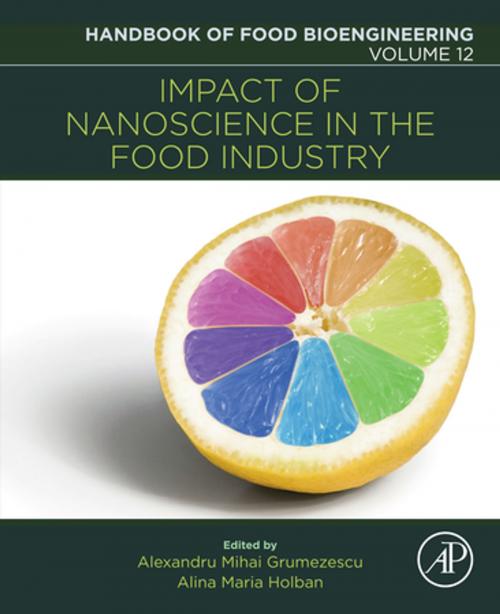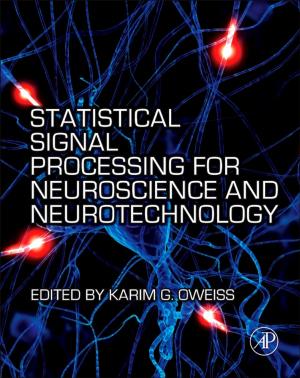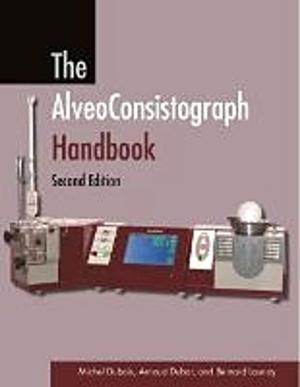Impact of Nanoscience in the Food Industry
Nonfiction, Science & Nature, Technology, Food Industry & Science| Author: | ISBN: | 9780128114933 | |
| Publisher: | Elsevier Science | Publication: | January 20, 2018 |
| Imprint: | Academic Press | Language: | English |
| Author: | |
| ISBN: | 9780128114933 |
| Publisher: | Elsevier Science |
| Publication: | January 20, 2018 |
| Imprint: | Academic Press |
| Language: | English |
The Impact of Nanoscience in the Food Industry, Volume 12 in The Handbook of Food Bioengineering series, explores how nanoscience applications in food engineering offer an alternative to satisfying current food needs that cannot be fulfilled by natural products. Nanotechnology enables the development of tailored food ingredients and structures to replace products that are difficult to obtain. The book discusses how specialized nano-preservatives, sensors and food degradation and contamination detectors were developed and how they can be introduced in food products without degrading quality or properties of the final product. A valuable resource for food engineering researchers and students alike.
- Identifies common nanomaterials used in food preservation and food packaging
- Provides industrial applications to increase food production
- Describes analytical methods for assessing food safety
- Identifies how nanoscience advances allow for new developments in functional foods and nutraceuticals
- Discusses safety concerns, regulations and restricted use of nanomaterials in food bioengineering
The Impact of Nanoscience in the Food Industry, Volume 12 in The Handbook of Food Bioengineering series, explores how nanoscience applications in food engineering offer an alternative to satisfying current food needs that cannot be fulfilled by natural products. Nanotechnology enables the development of tailored food ingredients and structures to replace products that are difficult to obtain. The book discusses how specialized nano-preservatives, sensors and food degradation and contamination detectors were developed and how they can be introduced in food products without degrading quality or properties of the final product. A valuable resource for food engineering researchers and students alike.
- Identifies common nanomaterials used in food preservation and food packaging
- Provides industrial applications to increase food production
- Describes analytical methods for assessing food safety
- Identifies how nanoscience advances allow for new developments in functional foods and nutraceuticals
- Discusses safety concerns, regulations and restricted use of nanomaterials in food bioengineering















